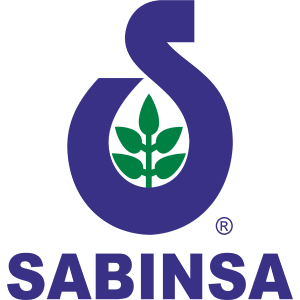SSelenium SeLECT®
- Sabinsa’s Selenium SeLECT is the most preferred form of available selenium compounds for the dietary intake of this trace element
- Selenium SeLECT is Generally Recognized As Safe (GRAS)
- Selenium SeLECT is L-selenomethionine. Selenium is organically integrated in place of sulfur in the methionine molecule. This selenium-integrated methionine is present in the L-(+) form, which is the only isomer of amino acids used to synthesize protein. Therefore, L-selenomethionine substitutes for methionine in protein synthesis
- Physiological roles of selenium are mostly linked to a family of selenoproteins and low-molecular selenium metabolites
- Selenium SeLECT contains a minimum of 1.25% w/w L-selenomethionine by HPLC and 98.75% w/w dicalcium phosphate by titration
- A content of inorganic selenium is no more than 5500 mcg/g by ICP-OES
There are inorganic (sodium selenite and sodium selenate) and organic (selenium methylselenocysteine and selenium-enriched yeast that is mostly composed of selenomethionine) forms of the selenium compounds for use as selenium supplements
- Selenium SeLECT is more bioavailable. Study findings reported that humans absorb and retain selenium better from selenomethionine and selenium yeast than from the inorganic forms
- Selenium SeLECT is pure. Selenium incorporated yeast proteins require intensive digestion prior to absorption. Selenium yeast is also contaminated with yeast proteins and inorganic selenium
- Selenium SeLECT is more metabolically active than selenocysteine. As mentioned above, L-selenomethionine substitutes for methionine for protein synthesis and it is also transferred to selenocysteine. Selenocysteine is not directly incorporated into protein building
- Selenium is an essential mineral. This is because studies have reported that selenium deficiency is directly correlated with health conditions, such as increased cancer, male infertility, infection risk, weak immunity and thyroid functions, cardiomyopathy and neurological disorders including Alzheimer’s and Parkinson’s diseases
- The prevalence of selenium deficiency associated disorders was greater in areas with less selenium availability in the soil
- Therefore, adequate amounts of this trace element are required for optimal health and prevention of associated disorders
The physiological roles of selenium are mainly mediated by its presence in specific selenoproteins. A few of them functionally characterized and they impact:
- DNA synthesis
- Removal of damaging and signaling peroxides
- Reduction of oxidized proteins and membranes
- Thyroid hormone metabolism
- Selenium transport and storage
- The daily value of selenium for both men and women is 70μg/day
- Saberry can therefore be marketed immediately, without the need for pre-market NDI notification
- About 400 μg/day is considered an upper limit of selenium.
- Yes, Sabinsa’s manufacturing facilities (located in India) are operated according to cGMPs
- They are FDA-inspected and passed
- Yes, Selenium SeLECT is Halal-certified
- Yes, Selenium SeLECT is Kosher-certified
- Yes, Selenium SeLECT is allergen-free
- For more information please visit http://www.seleniumselect.com and contact your Sabinsa representative






